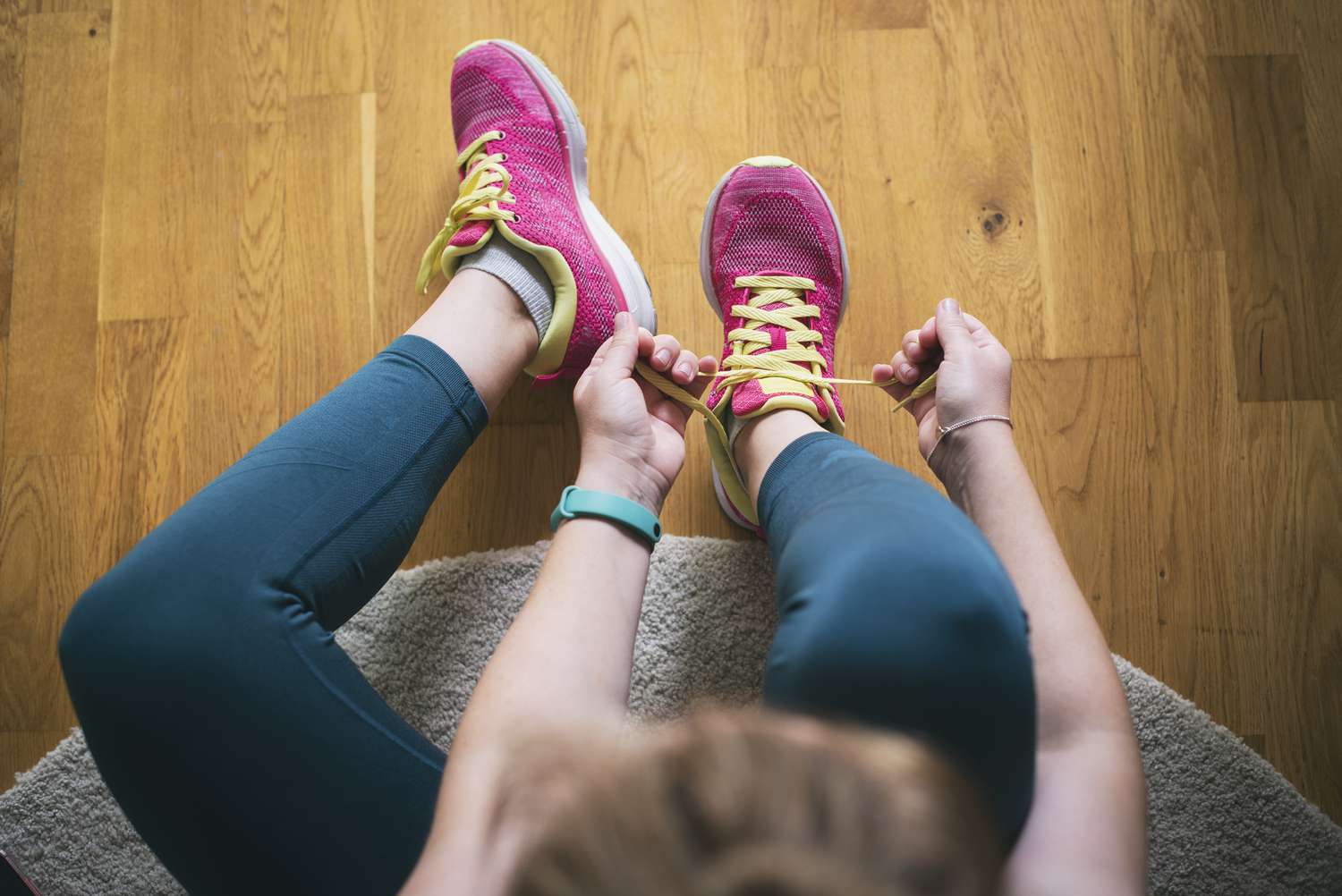Should You Reconsider Your Goals for Your New Year's Resolution?

Just because you've made a New Year's resolution relating to your diet or exercise routine doesn't necessarily make it the ideal choice for your wellbeing.
A survey conducted recently revealed that among those in the U.S who made resolutions, 50% aimed to exercise more, 47% planned to adopt healthier eating habits, and 35% aimed to shed some weight.
Realizing these ambitions sometimes calls for significant changes in lifestyle.
To eat healthier, individuals may choose specific diet plans such as intermittent fasting or keto. Others might switch to plant-based eating for ecological reasons, according to Keri Gans, MS, RDN, a dietitian based in New York.
Regarding workouts, people often initiate running routines or commit to more frequent exercises during the New Year.
Around the New Year, New York-based exercise coach, Alicia Jamison, CPT, often hears people express a desire to hit the gym four to five times each week. However, it can be tough on the body to jump into a vigorous workout routine following a period of inactivity.
Though the goal is admirable, transitioning from working out zero days per week to four or five days weekly is a considerable leap, according to Jamison.
It’s vital to bear in mind that regardless of the size of your resolutions, they might not pan out as expected.
“Just because a particular approach works for a friend or family member doesn't guarantee it will work for you,” Gans stated.
In other words, don’t feel obligated to adopt a certain New Year’s resolution just because everyone else is doing it.
“We are all unique and your fitness or diet plan should align with your specific needs,” added Jamison.
This article provides indicators that your New Year’s resolution may not be benefitting your body, as well as advice on what to do if you think a change is needed.
If you're starting to work out again after a long break, expect a certain level of soreness, advised Jamison. This is completely normal and nothing to worry about. However, not every pain is a result of muscle soreness, and identifying the difference between the two can be challenging.
According to Jamison, regular muscle soreness manifests as tenderness to touch or movement. If direct pressure on the area or stretching results in radiating discomfort, then it's likely soreness. It's important to note that soreness should only occur in the muscles, not the joints.
If pain is experienced directly at the joint rather than the muscle, this could be a sign of excessive impact, noted Jamison. This is reason enough to halt vigorous workouts until the source of the pain is understood.
“In most situations involving joint pain, caution should be exercised,” she added.
This doesn't mean you won't be able to continue with your fitness plan eventually. However, you should consult an exercise coach or physical therapist about your pain level and potential causes before resuming.
If you're re-immersing yourself into weightlifting and the weights seem heavier than you remember, it suggests that you should gradually work your way up in weight, advised Jamison.
Similarly, excessively low energy levels that are inhibiting your daily activities, such as waking in the morning to go to work, may mean you're overexerting yourself in your workouts, and it's time to reassess your goals.
Several factors influence individual success with any diet or eating habit, including medical history, culture, preferences, social life, occupation, geographical location, and others, noted Gans.
Consequently, dietary advice must be tailored to individuals.
Switching your eating habits based on someone else's success with a particular diet or regimen may not yield the best results for you.
If you’ve made significant changes to your diet this year and you often feel fatigued, the new diet you’re following may not be suitable for you. Along with fatigue, your thoughts about food may also indicate the necessity for change.
If you spend all your time contemplating about what and when you’ll eat, it’s occupying excessive mental space, Gans opined.
Rapid initial weight loss on a new diet might be a sign that the diet is unhealthy.
“It must be sustainable,” Gans emphasized.
As a general rule, if you’re aiming to lose weight, you should be losing one to two pounds each week, she explained. Additionally, any new gastrointestinal symptoms like constipation are red flags, added Gans.
Some people who are experimenting with diets like intermittent fasting may also experience side effects like dehydration, headache, and nausea.
If this happens to you, you may need to adjust your new routine, Gans said.
It can be challenging to figure out what the best diet and exercise plans for you are without speaking to a qualified expert, like a registered dietitian or personal trainer.
If you’re able to do so, these individuals can help you make healthy changes.
“Coaches take us a long way,” Jamison said. “You have a professional telling you what to do so you know you’re not doing something that’s bad for you.”
If you’re trying to make major lifestyle changes without the help of a professional, it’s especially important to stay cognizant of how you’re feeling and what’s going on with your body, Jamison added.
This could mean admitting when something’s not working for you, no matter what the reason behind it is.
But deciding that your intended fitness or eating plan isn’t working doesn’t mean you need to give up on your goals—only that you may need to achieve them in other ways.
“Anytime you’re trying to improve something in your life, remember to give yourself grace,” Jamison said.
The key to success, she said, will be re-strategizing and developing a new plan that feels healthier for you.
If you think your resolutions are working for you, experts say consistency is key in making sure you keep them long-term: Research shows it can take weeks or even months for a new practice to feel like a habit.
It can also be helpful to remind yourself of the goals you’re working toward as often as possible, Jamison said.
For example, if you’re trying to get back into a consistent running practice, “your running shoes should be outside of your closet where you can see them,” she explained. “If you’re trying to be a morning workout person, you want to lay out your clothes the night before.”
It can also help to make contact with people who have already implemented the practices you’re working toward.
“When you’re starting something new, you want to reach out to people that know more about whatever habit you’re trying to develop,” Jamison said.
Whether you’re rethinking your New Year’s resolutions or trying to stick with the ones you’ve already set, the important thing is to keep going.
“You’re allowed to fall off [the bandwagon],” Jamison said, “as long as you get back on.”




